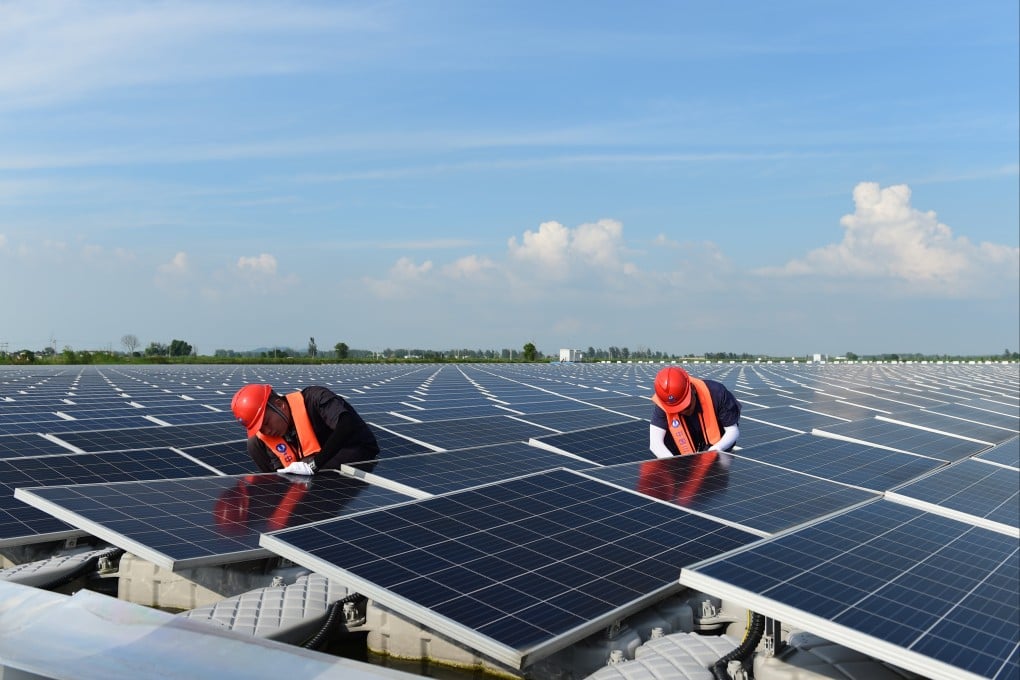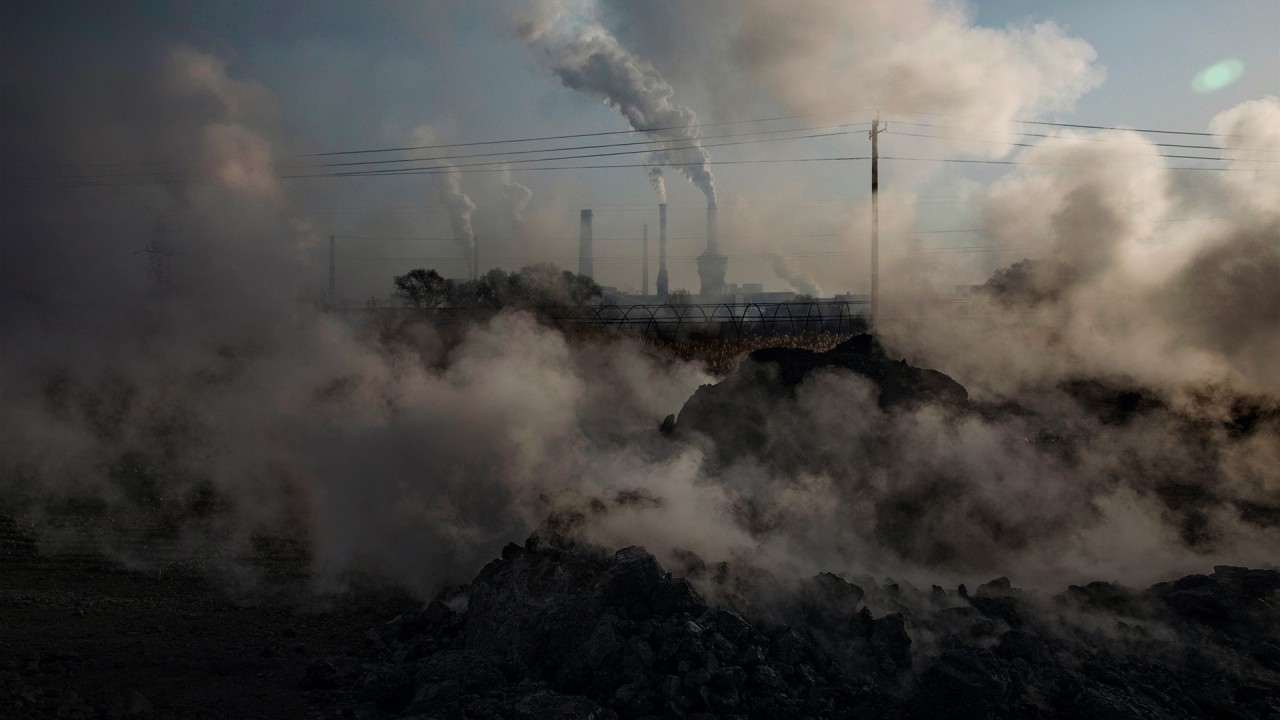Advertisement
Macroscope | COP26: despite the energy crunch, the focus must remain on renewables
- Energy demand is rising more quickly than the availability of renewable alternatives, emphasising the need for greater investment
- The trend towards net-zero carbon will touch all parts of the economy, as shown in technological progress in areas such as electric cars and ‘green steel’
Reading Time:3 minutes
Why you can trust SCMP
6

World leaders will gather in Glasgow, Scotland, at the end of October to discuss how to accelerate progress towards a net-zero carbon economy. Investors, who are increasingly engaged with climate change and see the need to adapt their strategies, will be following events closely.
Advertisement
The past year has given us plenty of examples of the urgency of climate change and how it threatens our economies and societies. We saw flooding in China, extreme temperatures in the Pacific northwest of North America and wildfires burning throughout the Mediterranean.
Energy use is the largest contributor to global greenhouse gases, be it from households, transport or industry. The long-term trend is for the world to move away from fossil fuels and instead use low- or zero-carbon-producing renewable sources of energy such as solar, wind and hydro power.
Ultimately, demand for oil, coal and natural gas, and their prices, will fall. Currently, though, we are a long way from that. In recent months, prices for crude oil, natural gas and thermal coal have risen sharply.
On the Zhengzhou Commodity Exchange, the price of a tonne of coal for delivery in January 2022 has more than doubled since August. The world is paying a lot more to use fossil fuels at a time when the political and social pressure is to use less of it.
Supply disruptions caused by the Covid-19 pandemic have led to a widespread energy crunch. Demand has recovered, though, and the trend remains one in which global energy demand is rising more quickly than the availability of renewable alternatives.

Advertisement

